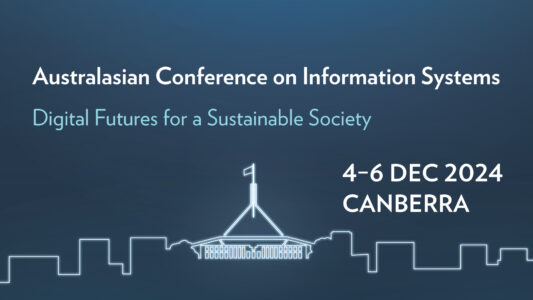Abstract
Generative artificial intelligence (GenAI) has shifted the paradigm of how knowledge is managed through its reciprocal interactions with humans and human-like output. In K-12 education, this shift is reshaping educators’ teaching practices and impacts. Despite the prevalence of using GenAI in the education sector and the demand for understanding of GenAI for knowledge management (KM), little has been explained on how GenAI powers knowledge creation activities. To meet these ends, we conduct a case study at an Australian company that develops a GenAI platform for K-12 education. Drawing on dynamic knowledge creation theory, we theorise four mechanisms i.e., synthesisation, contextualisation, iteration, and aggregation to explicate the process through which the unique GenAI capabilities power the creation of tacit and explicit knowledge for efficient and innovative education outcomes. Our research advances the understanding of human-GenAI interactions in creating knowledge, moving beyond traditional KM systems that focus on knowledge transfer or sharing.
Recommended Citation
Singh, Himanshu; Shi, Yunfei; and Toorn, Christine Van, "Generative AI-powered knowledge management in education: A dual perspective of design and use" (2024). ACIS 2024 Proceedings. 134.
https://aisel.aisnet.org/acis2024/134


